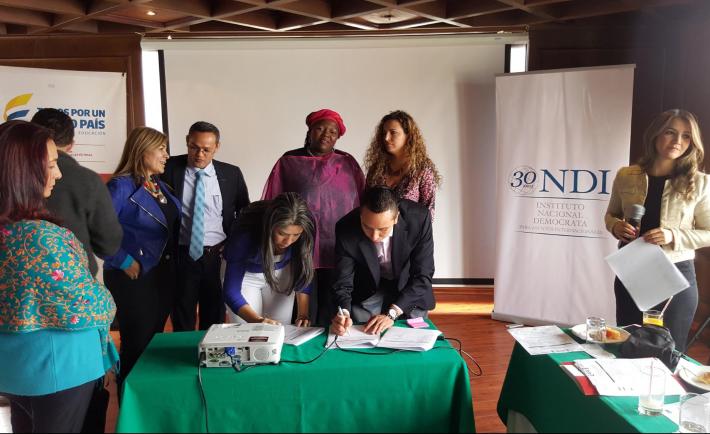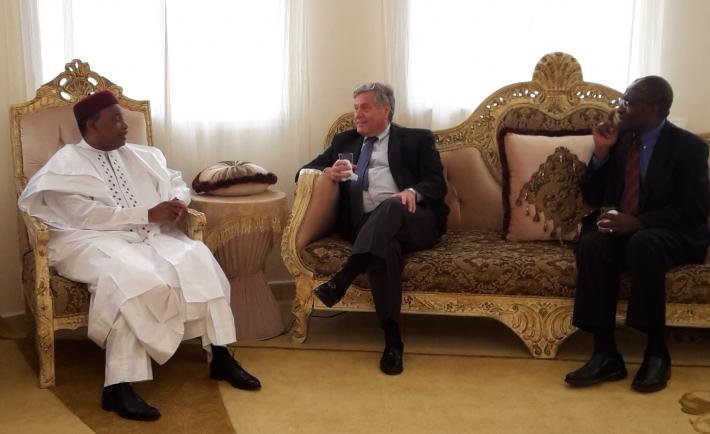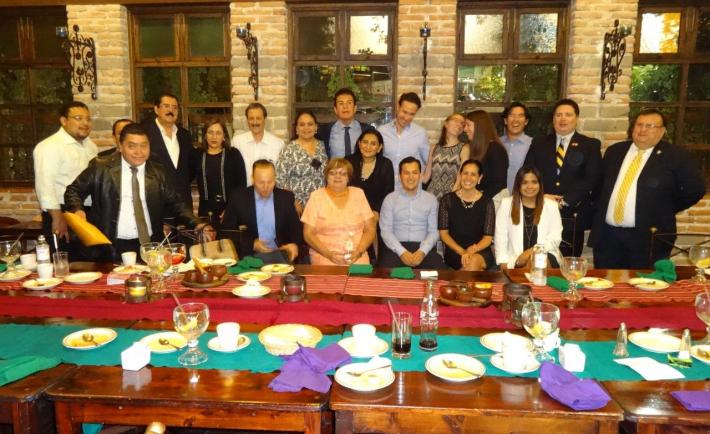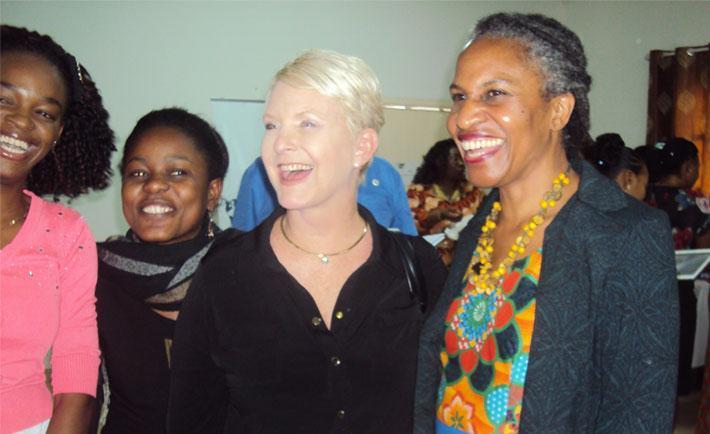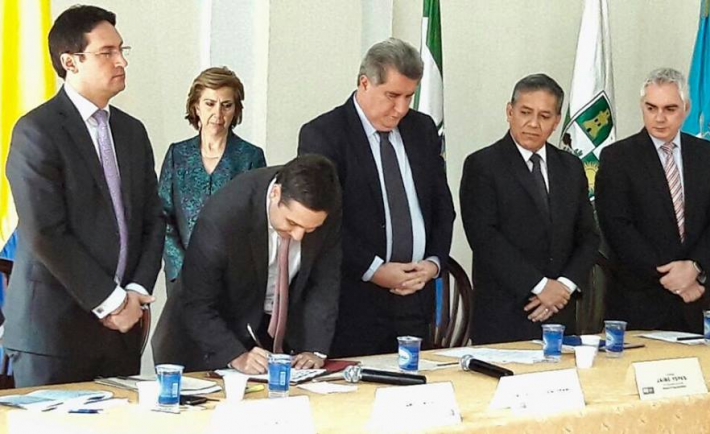
The president of the senate signs the first action plan for a transparent congress Credit: Press Office of the Honorable Senate of the Republic of Colombia, Bogotá, Colombia. November 2016.
On November 30 in Constitution Hall of the Honorable Congress of the Republic of Colombia, an important event took place for the country’s democracy, particularly its legislative institutions. Leaders from the Senate and Chamber of Representatives came together to publicly present the first Open Parliament Action Plan of the Colombian Congress, which lays a series of benchmarks toward making the congress more visible and accessible to citizens. Colombia’s Open Parliament Action Plan is notable regionally and internationally – it is the third such plan developed in Latin America and the sixth in the world.

